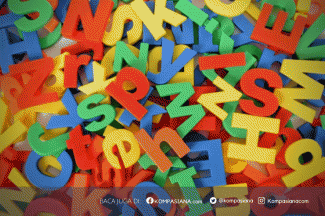When you feel disgusted or uncontrollably happy, what word do you usually let out? Dare I guess, it's either “Yuck!” or “Wow”’ But do you know what these small words are? These words might seem simple but it could be quite the struggle to fully understand their function in English grammar.
Interjections are short, expressive words or phrases that deliver emotions or reactions. They are often overlooked, underrated at their peak, but at the same time they also play a critical role in adding a fascination to the language.
In this article, we will be exploring everything about interjections that you should know, and how they spice up English Grammar.
What are Interjections?
Interjections, to quote Merriam-Webster, are a "word or cry expressing sudden or strong feeling." Interjections are often found as standalone words or phrases. For example: "Oh no!" or "Dang!". They are also usually followed by an exclamation mark.
Unlike other parts of speech that we know of, interjections are not grammatically associated with the context and the rest of the main sentence they are in. They are completely unrelated; interjections do not clarify the sentence, nor does the sentence clarify them. This condition makes them unique in their ability to deliver emotion directly.
Here are some examples of categorized interjection:
1. Joy: Hooray!, Yippee!
2. Surprise: Oh My God!, Wow!
3. Pain: Ouch!, Ah!
4. Disgust: Ew!, Yuck!
5. Confusion: Huh?, What?



